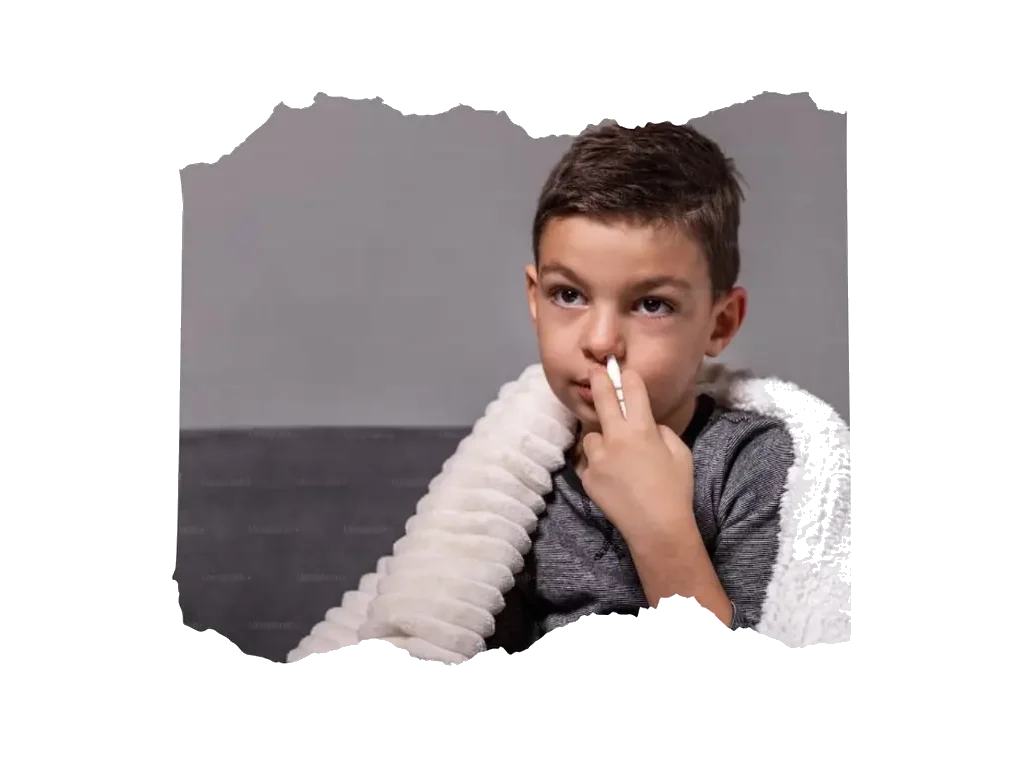In-Depth Analysis of Seasonal Remedies for Pollen Allergy
Seasonal allergies, particularly pollen allergies, can significantly impact quality of life. Understanding and managing these allergies with effective remedies is crucial for maintaining well-being during high pollen seasons. This article delves into various seasonal remedies, providing detailed insights and explanations to help your readers navigate their allergy symptoms.


Detailed Insights into Medicines for Pollen Allergy
1. Antihistamines
- Function: Block the action of histamine, a chemical released by the immune system in response to allergens.
- Common Use: Ideal for preventing or reducing symptoms such as sneezing, itching, and runny nose. Best taken before exposure to pollen.
- Forms Available: Oral tablets, nasal sprays, and eye drops.
- Examples: Cetirizine, loratadine, fexofenadine.
Why It Matters: Antihistamines are a cornerstone in the management of pollen allergies. They offer rapid relief from symptoms and can be used on a daily basis during pollen season to maintain comfort.

2. Nasal Corticosteroids
- Function: Reduce inflammation in the nasal passages, which is the root cause of congestion and other nasal symptoms.
- Timing: Most effective when used consistently during the pollen season.
- Forms Available: Nasal sprays.
- Examples: Fluticasone (Flonase), mometasone (Nasonex), budesonide (Rhinocort).
Why It Matters: Nasal corticosteroids are considered one of the most effective treatments for severe allergic rhinitis. They tackle inflammation directly, providing comprehensive relief from nasal symptoms.

3. Decongestants
- Function: Shrink swollen nasal tissues and blood vessels, reducing congestion and improving airflow.
- Forms Available: Oral tablets, nasal sprays, and drops.
- Usage: Effective for short-term relief, especially when congestion is severe. However, prolonged use of nasal sprays can lead to rebound congestion.
- Examples: Pseudoephedrine (Sudafed), oxymetazoline (Afrin).
Why It Matters: Decongestants offer quick relief from one of the most bothersome symptoms of pollen allergies—nasal congestion. They can be particularly useful when combined with antihistamines.


4. Leukotriene Receptor Antagonists
- Function: Block the action of leukotrienes, inflammatory chemicals produced by the immune system in response to allergens.
- Common Use: Often used as an add-on therapy when antihistamines and nasal corticosteroids do not fully control symptoms.
- Examples: Montelukast (Singulair).
Why It Matters: This medication is particularly beneficial for those who have both asthma and allergies, as it helps manage bronchoconstriction and other respiratory symptoms.

5. Immunotherapy (Allergy Shots or Sublingual Tablets)
- Function: Gradually desensitize the immune system to specific allergens over time.
- Process: Involves regular administration of small amounts of the allergen, either through injections or sublingual tablets.
- Duration: Treatment can take several years but offers long-term benefits, potentially reducing the severity of allergic reactions.
- Examples: Allergy shots for specific pollens, sublingual tablets like Grastek (for grass pollen).
Why It Matters: Immunotherapy is the only treatment that can modify the underlying allergic disease. It offers a long-term solution by gradually reducing the body’s sensitivity to pollen, potentially decreasing or eliminating the need for other medications.

6. Combination Medications
- Function: Combine two or more types of treatments (e.g., antihistamine and decongestant) in one pill or spray for convenience and enhanced effectiveness.
- Examples: Loratadine-pseudoephedrine (Claritin-D), cetirizine-pseudoephedrine (Zyrtec-D).
Why It Matters: Combination medications can simplify treatment regimens and improve compliance, particularly for individuals who suffer from multiple symptoms simultaneously.
Caution : Remember, these natural remedies complement conventional treatments. Always consult a healthcare provider, especially if you’re pregnant, nursing, or have underlying health conditions.
Why This Information is Crucial
Understanding and utilizing seasonal remedies for pollen allergies is crucial for several reasons:
- Empowerment: Knowledge about various remedies empowers individuals to take control of their health.
- Personalization: Different remedies work for different people; having a range of options allows for personalized treatment plans.
- Preventive Care: Early and effective management of allergies can prevent complications such as sinus infections or asthma exacerbations.
- Natural Alternatives: Many people prefer natural remedies over pharmaceuticals due to fewer side effects and holistic benefits.


Conclusion
Managing pollen allergies effectively requires a combination of herbal remedies, essential oils, dietary supplements, lifestyle modifications, and, when necessary, over-the-counter medications. By understanding these options, your readers can make informed decisions to alleviate their symptoms and improve their quality of life during allergy season.